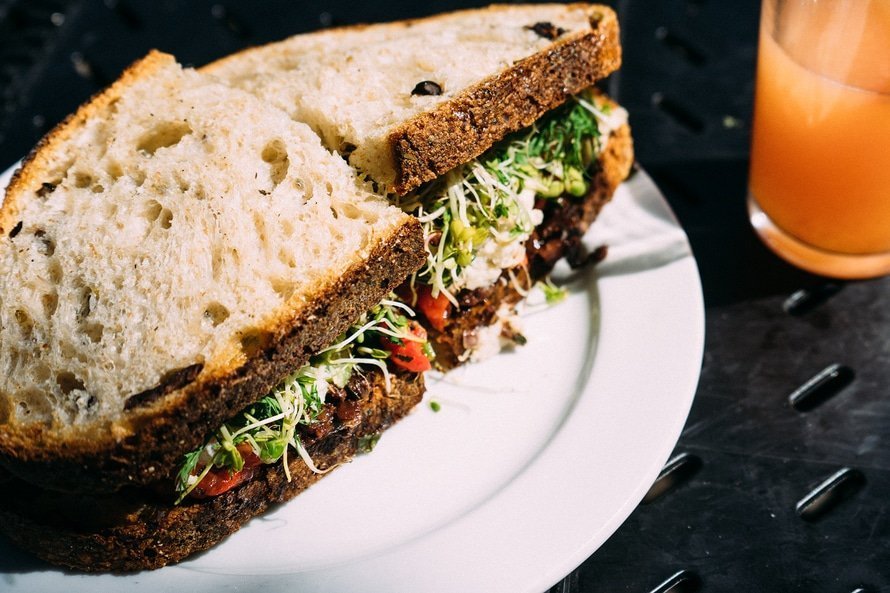
Everyone knows that what you eat has a big impact on your physical health, but did you know that your diet can affect your mental well-being too? An International Society for Nutritional Psychiatry Research report found that nutrition can influence the incidence of mental disorders. Despite this finding, unless they suffer from an eating disorder, a teen usually does not receive dietary guidance for their mental health condition.
In fact, the role of nutrition in mental health is under-recognized in the medical field, but there’s growing evidence that the foods we eat can impact our mental health in the following ways.
Nutrients Can Increase Mental Functioning

Image Credit: veeterzy
Certain vitamins and minerals can help boost brain health. Foods rich in omega-3 fatty acids, such as salmon and tuna, can influence memory and brain performance. Vitamin B12, which can be found in eggs and dairy products, can prevent cognitive impairment.
Fresh produce can protect against serious mental issues. Researchers have found that the Mediterranean Diet, which includes fruits, vegetables and legumes—with a reduced intake of processed meats—can lower the risk of depression.
Unhealthy Foods Can Worsen Moods
On the other hand, diets that include heavy amounts of refined sugars and processed foods have a negative impact on brain cell functions. Consuming too much sugar and saturated fats can increase the risk of depression. Even more, diabetic patients are more likely to experience depression than non-diabetics.
This may be because people who consume more processed foods are less likely to receive enough vitamins and minerals in their diets. A nutrient deficiency, while often associated with physical deterioration, can heighten the symptoms of many mental disorders. Since anxiety and mood disorders often develop in childhood, nutrition can play a key role in the mental health of adolescents.
A Healthy Diet Can Contribute to Improved Recovery

Image Credit: Angele J
Nutrition alone can’t replace the valuable roles that medicine and therapy play in recovery, but a healthy diet can be integrated into a treatment plan to help your teen recover from an addiction or other health problem. An appointment with a nutritionist can help you figure out what your teen should be eating to ensure they get the nutrients they need; you can develop a plan together to encourage long-term healthy eating habits.
The old saying “you are what you eat” applies just as much to the mind as it does to the body. A diet full of fatty, sweet foods can slow brain development, while fresh fruits and vegetables can improve mental functioning. Next time your teen needs a snack, encourage them to have an apple or orange—it may just give them an extra boost.
Feature Image: Jay Mantri


